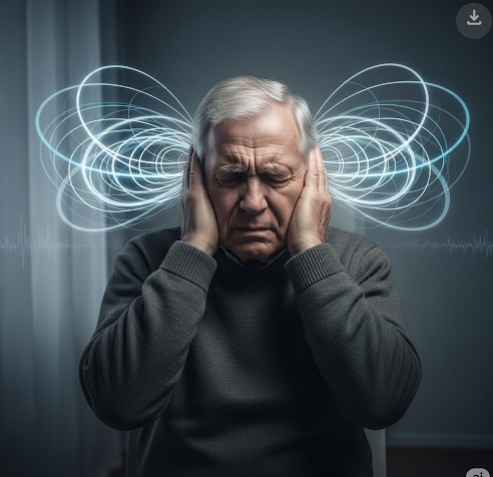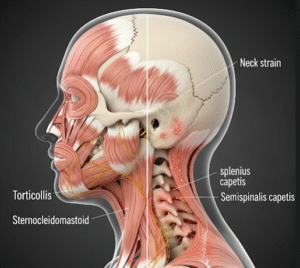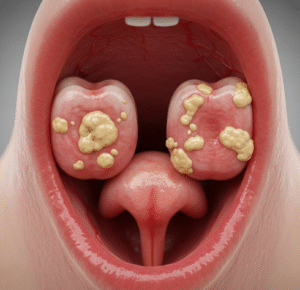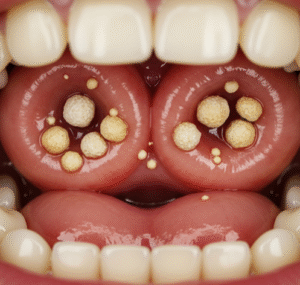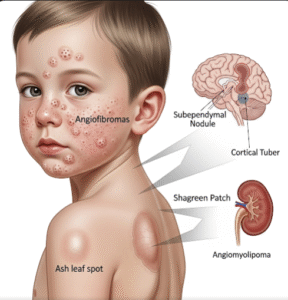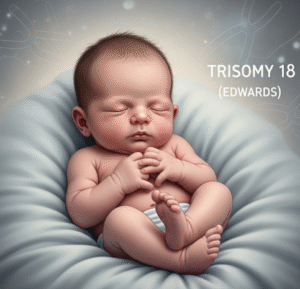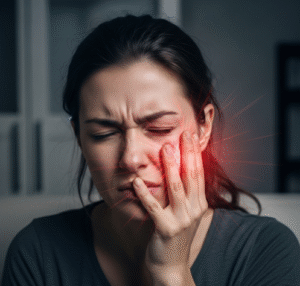Overview
Tinnitus is the perception of sound in the ears or head without an external source, often described as ringing, buzzing, hissing, or humming. It can affect one or both ears and may be temporary or chronic. While tinnitus itself is not a disease, it is a symptom of underlying conditions such as hearing loss, ear infections, exposure to loud noise, or vascular disorders. In South Korea, advanced audiology clinics, ENT specialists, and comprehensive tinnitus management programs provide accurate diagnosis, personalized treatment, and rehabilitation, aiming to improve quality of life and reduce the distress associated with persistent tinnitus.
What is Tinnitus?
Tinnitus is the conscious perception of sound originating within the auditory system, rather than from external stimuli. It can be classified into two main types:
- Subjective tinnitus: Heard only by the patient; most common type, often linked to hearing loss or nerve-related causes
- Objective tinnitus: Rare, can be heard by a clinician using a stethoscope, often due to vascular abnormalities or muscle spasms
Tinnitus can occur suddenly or gradually, and its intensity may fluctuate over time. In South Korea, audiologists and ENT specialists employ advanced diagnostic tools, such as audiometry, tympanometry, and imaging studies, to determine the underlying cause and guide effective treatment.
Symptoms
The primary symptom of tinnitus is the perception of sound without an external source. Additional associated symptoms may include:
- Ringing, buzzing, hissing, or whistling in one or both ears
- Perception of pulsating or rhythmic sounds (pulsatile tinnitus)
- Difficulty concentrating or focusing due to persistent noise
- Sleep disturbances caused by constant or intermittent sound
- Irritability, anxiety, or mood changes related to chronic tinnitus
- Sensitivity to external sounds (hyperacusis) in some cases
Symptoms vary in severity, ranging from occasional mild noise to persistent and disruptive sounds affecting daily life and emotional well-being.
Causes
Tinnitus arises from various underlying conditions affecting the auditory system or nervous system. Common causes include:
- Hearing loss: Age-related or noise-induced hearing loss is a major contributor
- Ear infections or blockages: Earwax buildup, otitis media, or fluid in the middle ear
- Exposure to loud sounds: Sudden or chronic noise trauma from music, work, or machinery
- Ototoxic medications: Certain antibiotics, chemotherapy drugs, and NSAIDs
- Vascular issues: Abnormal blood flow near the ear causing pulsatile tinnitus
- Neurological disorders: Conditions such as Meniere’s disease, vestibular disorders, or acoustic neuroma
- Stress and lifestyle factors: High stress, sleep deprivation, or anxiety can exacerbate tinnitus
In South Korea, detailed audiological assessments and imaging help pinpoint the specific cause, enabling targeted treatment.
Risk Factors
Factors increasing the risk of developing tinnitus include:
- Prolonged exposure to loud noise in occupational or recreational settings
- Advanced age and natural age-related hearing decline
- Pre-existing hearing impairment or ear disorders
- Use of ototoxic medications
- Cardiovascular conditions such as hypertension or atherosclerosis
- Chronic stress, anxiety, or depression
- Family history of hearing or auditory disorders
Awareness and protective measures, such as hearing protection and lifestyle modification, are emphasized in Korean ENT clinics.
Complications
Chronic or severe tinnitus can lead to multiple complications affecting physical, emotional, and social well-being:
- Sleep disturbances, including insomnia and difficulty maintaining restful sleep
- Anxiety, depression, or emotional distress due to persistent noise perception
- Concentration difficulties affecting work, study, or daily activities
- Social withdrawal or reduced participation in noisy environments
- Exacerbation of existing hearing loss or auditory sensitivity
- Increased risk of stress-related health problems, including hypertension or cardiovascular strain
Early intervention in South Korea with comprehensive management strategies minimizes these complications and improves overall quality of life.
Prevention
While not all cases of tinnitus can be prevented, certain measures reduce risk or severity:
- Hearing protection: Use earplugs or earmuffs in noisy environments or during loud activities
- Volume moderation: Keep personal audio devices at safe levels
- Regular hearing checks: Early detection of hearing changes allows timely management
- Healthy lifestyle: Adequate sleep, stress management, and exercise improve auditory system resilience
- Medication awareness: Avoid or monitor drugs known to cause ototoxicity under medical guidance
- Manage underlying conditions: Control blood pressure, diabetes, and vascular health to reduce risk of pulsatile tinnitus
Korean ENT specialists emphasize preventive education alongside clinical care for at-risk populations.
Treatment Options in Korea
Treatment of tinnitus in South Korea is individualized, depending on severity, cause, and impact on quality of life:
Diagnosis:
- Comprehensive audiometric testing to assess hearing function
- Tympanometry and otoacoustic emission tests to evaluate middle and inner ear function
- Imaging studies such as MRI or CT to detect structural or vascular causes
- Tinnitus questionnaires to quantify impact on daily living
Medical Treatments:
- Hearing aids: For patients with hearing loss to improve auditory input and reduce perception of tinnitus
- Sound therapy: Masking devices, white noise generators, or customized sound programs
- Medications: In selected cases, drugs targeting anxiety, depression, or sleep disturbances
- Cognitive-behavioral therapy (CBT): Helps patients manage emotional response and improve coping strategies
- Tinnitus retraining therapy (TRT): Combines sound therapy with counseling for long-term relief
Surgical or Interventional Therapies:
- Rarely indicated, but may involve correction of vascular anomalies or removal of tumors in objective tinnitus
Supportive Care:
- Stress management, relaxation techniques, and mindfulness training
- Patient education on noise avoidance and lifestyle adjustments
- Ongoing follow-up to monitor symptom progression and treatment effectiveness
South Korea’s multidisciplinary ENT and audiology clinics integrate advanced diagnostics, personalized therapies, and rehabilitation programs to optimize outcomes for tinnitus patients.

